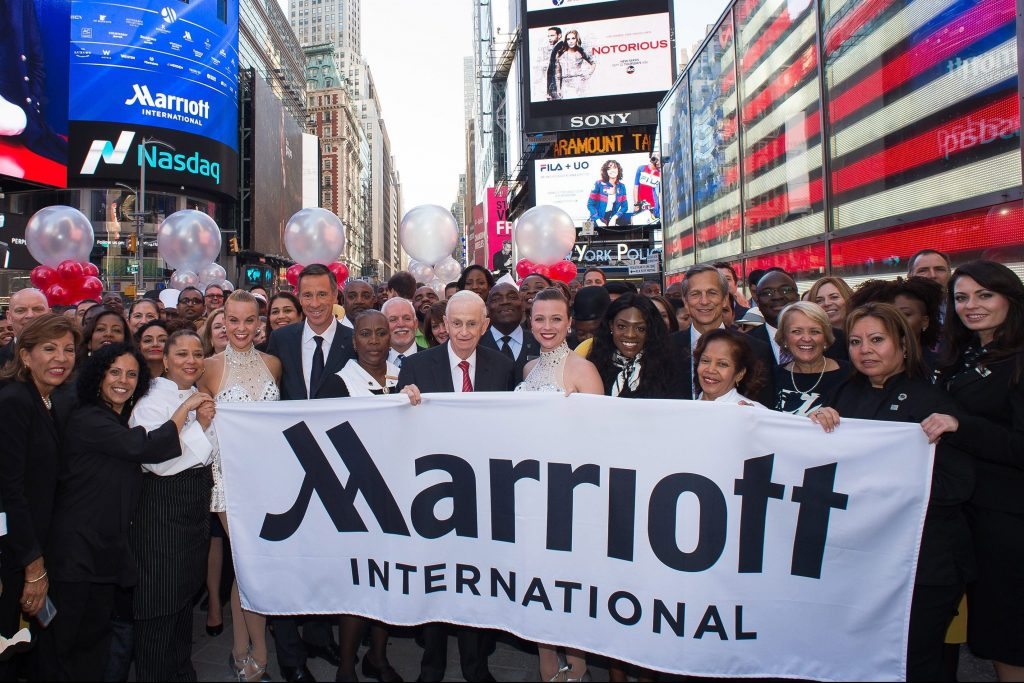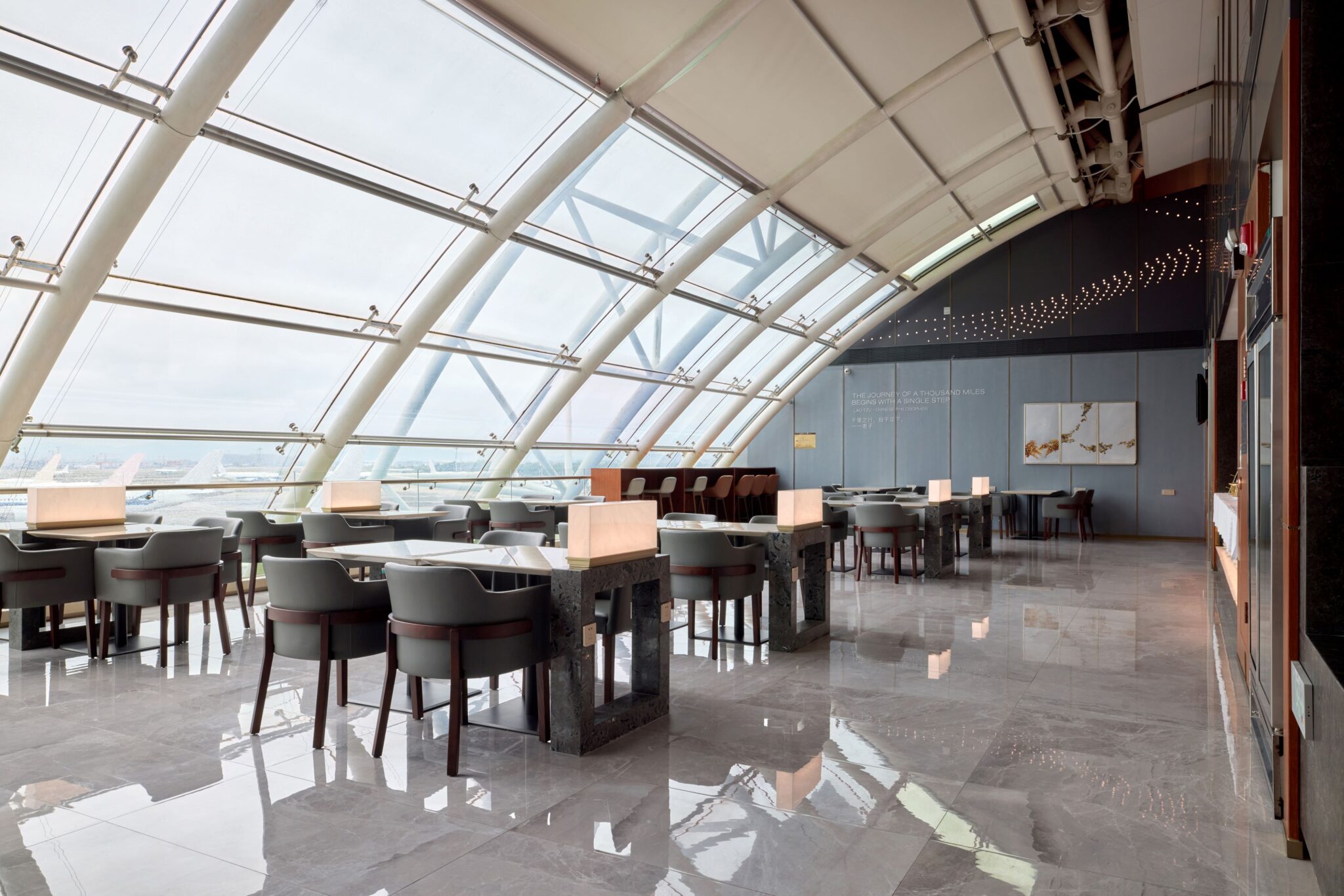Marriott Commission Cut on Group Bookings Could Ripple Across Hotel Industry

Skift Take
When Marriott International acquired Starwood Hotels & Resorts in 2016, many predicted that the combined giant would use its market power to put more pressure on intermediaries selling their rooms.
Marriott CEO Arne Sorenson said last year that the chain had placed legacy Starwood brands on Marriott contracts, leading to lower commission costs paid to online travel agencies.
But now we have further word in 2018 that Marriott is taking overt, public steps to further cut commissions.
Marriott International will reduce commissions on group bookings to 7 percent, from the current 10 percent, on March 31 for its U.S. and Canada hotels. Contracts signed before March 31 will still receive 10 percent commission, according to a letter sent to travel partners this week, and the cut will affect travel sellers across all regions.
“Marriott’s group distribution costs are growing faster than our group revenue; these costs are limiting our ability to invest in meeting products, experiences, and innovation,” reads a portion of the letter. “Changing economics in this segment, plus these growing costs, required us to reevaluate our intermediary compensation model. We are introducing a new strategy that will result in a more sustainable way of partnering with intermediaries.”
Travel agents are upset about the changes since group hotel bookings have become an important source of revenue after the disappearance of airline commissions years ago and efforts by cruise lines to go direct to consumer, and make parts of cruise fares non-commissionable.
“While we are in the process of assessing the impact of Marriott’s announcement on our members’ businesses, we are disappointed in the signal that a cut of this magnitude sends to the broader agency community,” said Zane Kerby, president and CEO of the American Society of Travel Agents. “… In our view, a 30 percent cut in intermediary compensation diminishes the value of the role agents play in this complex and ever-changing industry. We plan to discuss this change with Marriott, our agency, and consortia members and other stakeholders with an eye toward ensuring positive business outcomes for all involved.”
Meetings Matter
Cutting commissions is potentially an easy way for Marriott to increase profit from its group business, but in an extremely competitive market like the U.S. there are some potential pitfalls.
Kalibri Labs released preliminary findings on research into the group and meeting hotel sector in the U.S. this week, finding that the business represents 15 percent of U.S. room nights sold. Nearly three-fourths of meetings in the U.S. are small meetings, but small meetings generate only 28 percent of meetings revenue for hotels. Commissions and technology costs can add up to 35 percent of a booking’s total.
Kalibri estimates that hotel companies paid out $1.3 billion in commission payments on $30 billion in group business revenue overall in the U.S.
Companies that sell large amounts of travel generally get better deals on commissions from airlines and hotel chains. It’s not surprising that four of the biggest group booking players in the space have been exempted from Marriott’s commission cuts, according to Successful Meetings.
“Meeting Profesionals International’s membership consists of a broad and diverse community of event professionals who are directly and indirectly impacted by this decision, including thousands of third-party planners, the global hotel brands and numerous destination marketing organizations,” said Paul Van Deventer, president and CEO of Meeting Professionals International. “Third-party organizations have become an integral part of the live events industry value chain and are a proven and important resource for planners, destinations, and venues. As in any business relationship, the value of services provided needs to be determined by the organizations benefiting from said services.”
Agents and planners can move their bookings away from Marriott brands, choosing competitors with standard 10 percent commission rates instead. They may choose to charge their clients a larger service fee to make up for the lost commission revenue or move away from relying on commission revenue altogether, which is probably a smarter strategy.
“Travel Leaders Group strongly disagrees with Marriott’s decision to reduce commissions on group bookings, made within the U.S. and Canada, from 10 percent to 7 percent,” said Michael Heflin, senior vice president of hotels for Travel Leaders Group, the biggest leisure travel agency in the U.S. “It is unfortunate that Marriott has failed to recognize the tremendous value travel agents bring to group bookings and has instead chosen to view their agent partners as just another expense item. Our agents have built an array of great relationships with individual properties, and we and they understand that this decision was not made by individual hoteliers.”
History Repeating?
Since Marriott is one of the biggest hotel companies in the world, however, others will likely follow suit with a commission cut.
This is what happened with the airlines in the 1990s and early 2000s so agents are wary about Marriott setting a precedent with this move. Perhaps it’s 7 percent this year, 5 percent in 2019, and an end to commissions from Marriott sometime thereafter.
Marriott could also move to slash hotel commissions in general, toppling dominoes across the industry and completely breaking the travel agency business in the process.
Third-party meeting planners will also take a big hit, disincentivizing them from booking events with Marriott. It will be interesting to see if planners move large meetings away from Marriott properties whether rival chains jump at the opportunity to differentiate themselves by offering higher commissions.
History shows, however, that when an industry giant starts cutting commissions, its competitors usually follow suit.




